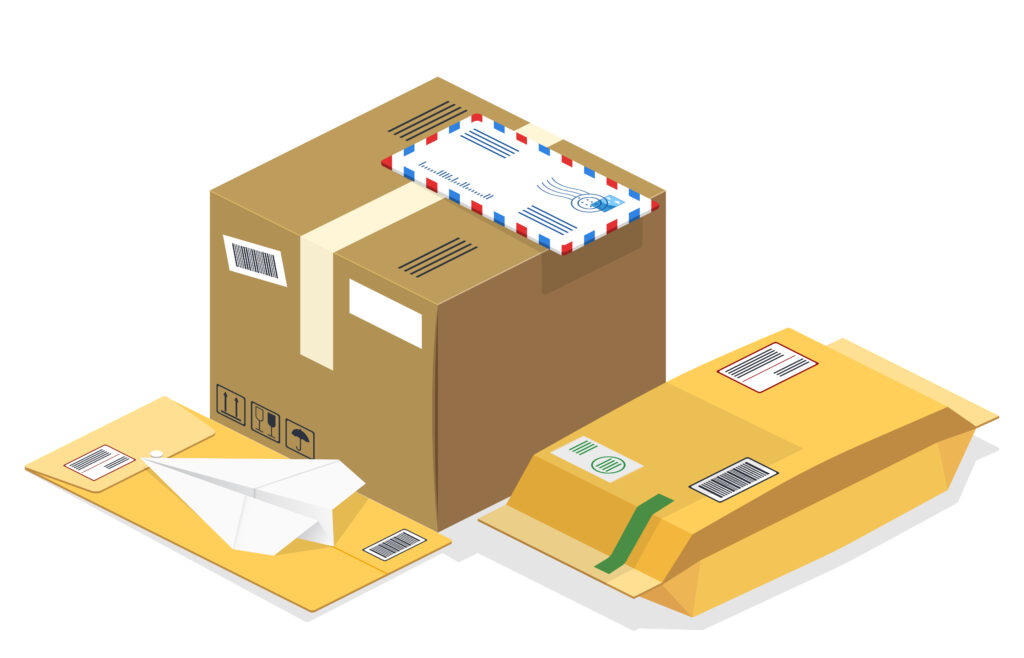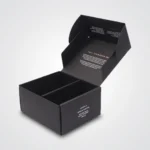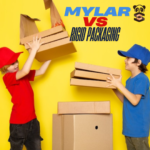Best Practices for Shipping Fragile Products Without Damage
There is a major risk associated with shipping fragile products. However no matter which carrier is chosen, the package is bound to be man-handled multiple times before reaching its destination. From the sudden jerk of a truck to drops and a shaking environment, different sorts of happenings can damage the product while in transit. But there is always a way to mitigate these problems with proper packing techniques and protective measures.
Even products that one might consider not fragile can be broken at times. Hence, packaging is even more important in such instances as fragile products like art pieces, glassware, electronics, antiques, and mirrors. In fact, 34% of returns refer to damage caused by the packaging rather than the product itself. The last thing you want is an unhappy customer, so it is worth taking every measure possible to ensure secure shipping.
This article will help in providing some best practices for the safe shipment of fragile products. Appropriate packing materials and fragile shipping labels are some strategies to avoid breakages.
How to Pack a Box for Shipping
Choosing the Right Box for Shipping Fragile Items
Packaging is a necessity whether an item is fragile or not. The first step would be to select the appropriate packaging boxes.
Typically, one would assume that bigger boxes would permit greater use of protective materials, but this may contribute to greater occurrences of damage as well. Extra filler materials can shift during transport and create some instability. Moreover, once again, larger boxes cost more to ship.
Once again, using an inadequate size container for a product leads to no possible padding and makes it highly susceptible to damage. A perfect box must be sufficiently spaced for at least two inches on all sides for cushioning materials.
Be sure to measure the width, length, and height of the object so that you can find the best box to fit the object.You can also double-box fragile items for added protection.
Choosing the Right Packing Material
Once you have the right box, the next step is selecting the best protective materials. Consider the following options:
- Bubble Wrap – Ensures an excellent cushion to fragile items over air-filled bubbles in it.
- Packing Peanuts – This will help occupied voids inside the box and prevent it from movement.
- Air Pillows – Lightweight air-filled cushions offer protection to your items from any impacts.
- Crumpled Packing Paper – Best for filling gaps inside the box.
- Foam Enclosures – Provides precise custom protection extremely delicate or very high-value items.
Bear in mind that it is vital that your cargo is well-secured once you decide to save on some costs.
Packing Steps for Shipping Fragile Items
Wrapping Fragile Items Properly
To properly pack fragile items:
- One must fill any hollowness of an item (like wine glasses) with crumpled packing paper or bubble wrap.
- Encircle the whole thing in packing paper and seal with a minimal amount of tape.
- One must make sure what he wants can happen beneficially.
- Jack up with the tape but don’t kill the unboxing experience because it makes unpacking a bit difficult, plus it even increases the chances of unintentional damage during the unpacking process.
Padding the Inside of the Box
Once wrapped, the item must be placed inside the box and any gaps filled with packaging material. Close the box so that it seals tightly without bulging and does not allow any movement inside the box when shaken. Once the stability of the packaging has been verified, Seal the box using heavy-duty packing tape.
Labeling Fragile Packages Properly
Even with proper packaging, labeling your shipment correctly is crucial. Applying fragile labels for shipping ensures that carriers handle your package with extra care. Use fragile stickers for shipping on all sides of the box to make handling instructions clear. Proper labeling can also serve as a point of reference if a dispute arises over a damaged package.
Choosing the Right Carrier for Fragile Shipments
USPS
USPS has permanently discontinued the Special Handling-Fragile service; however, it would still recommend having your package packed correctly and insured under the company’s carrier insurance to eradicate the risks.
UPS
UPS allows customers to have their fragile items professionally packaged at UPS stores. If packed by UPS and damage occurs, they offer reimbursement for the product and packaging costs.

FedEx
FedEx provides packaging services and offers a reimbursement limit of $100 unless additional insurance is purchased. For fragile items or those exceeding $100 in value, you can declare a higher value for coverage up to $1000.

Setting Customer Expectations
Once a package is in transit, the responsibility falls on the carrier. However, unexpected incidents can still happen. To maintain customer trust:
- Clearly communicate that the item is fragile.
- Provide tracking details for transparency.
- Offer a replacement or refund policy if damage occurs.
Investing in shipping insurance further ensures that any losses from damaged shipments are covered.
Conclusion
Proper packaging, labeling, and choice of the carrier is indispensable for the transport of delicate items. By incorporating these best practices to reduce breakage and maximize customer satisfaction, remember that the correct box size should be selected to wrap all goods and fill voids with protective materials. Fragile shipping labels should be prominently displayed on all sides of the boxes.
Panda Scientists know very well that safe shipping is going to be a place for sensitive articles. The guides are inclusive and comprehensive enough to help businesses do some optimization to their shipping systems; they can help managers lessen returns and keep their businesses on a high pedestal of customer satisfaction.







